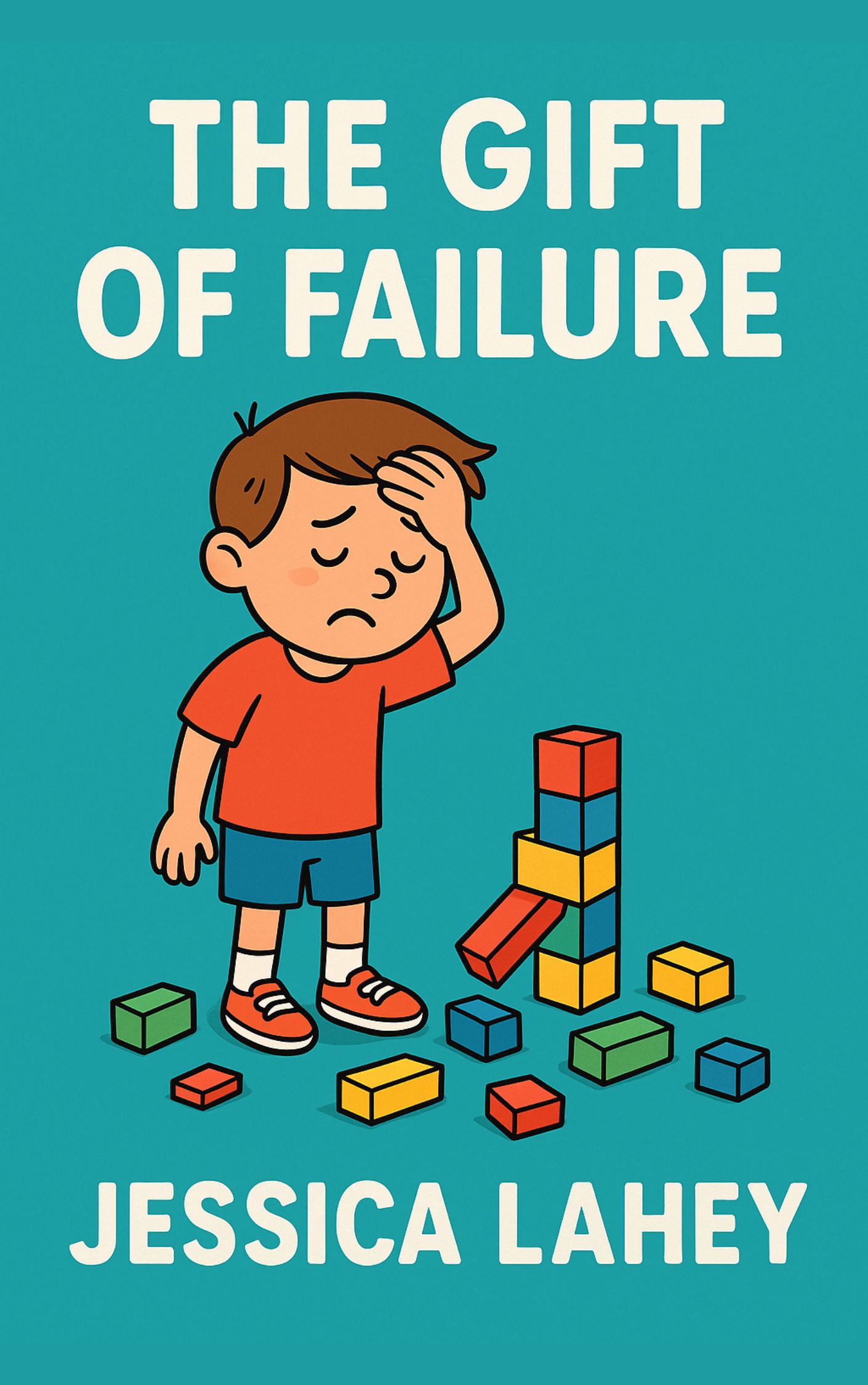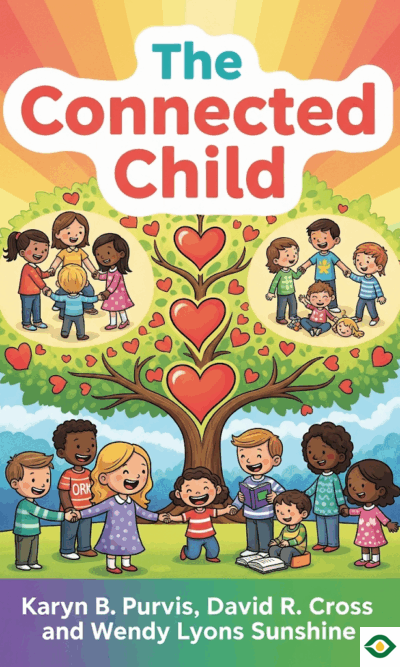Description
Failure is a natural and necessary part of learning. Throughout history, children were expected to work, take responsibility, and learn from mistakes early in life. In earlier centuries, kids contributed to family survival through farm work, household duties, and practical labor. This built resilience and independence. Over time, with changes in labor laws and family structures, children went from being seen as “useful” contributors to being treated as fragile individuals who must be protected from struggle. While this care may come from love, shielding children from failure has unintended consequences—it can rob them of essential life skills.
Today’s education system often focuses on grades and external rewards, pushing children to strive for perfection instead of encouraging genuine curiosity. When children are rewarded with gifts or praise for their performance, their natural enthusiasm can fade. Research shows that intrinsic motivation—the inner drive to keep going even when things are tough—is far more powerful than external rewards. True growth comes when children are allowed to figure out solutions in their own way, within reasonable boundaries, without parents stepping in at every sign of difficulty.
Parental support is crucial, but there’s a difference between guiding and controlling. Autonomy-supportive parenting gives children room to make decisions, test their limits, and face the results of their actions, while still maintaining clear expectations. It’s not about letting children do whatever they want—it’s about giving them responsibility and respecting their ability to learn from mistakes. Overly controlling parenting can make children give up more quickly when faced with challenges, while autonomy fosters persistence and creativity.
Praise is another area where parents must tread carefully. While encouragement is important, praising a child’s inherent qualities (“You’re so smart”) can create a fixed mindset, making them fear failure. Praising effort (“You worked really hard on this”) fosters a growth mindset, where children see skills as something they can develop. This mindset encourages perseverance and reduces the fear of making mistakes. Cultures like Japan’s education system embrace this belief, treating all children as capable of mastering skills with effort, rather than reserving certain subjects for “talented” students.
Household responsibilities are a powerful way to teach competence, responsibility, and purpose. Assigning chores—or better yet, calling them “family contributions”—helps children understand that they play an important role in the home. Even young children can take part in simple tasks, gradually moving to more complex ones as they grow. The goal isn’t a perfect house, but a sense of shared effort and capability. When parents constantly take over because the child is slow or messy, it sends the message that their contributions don’t matter.
Social development also plays a huge role in preparing children for life. Free, unstructured play with peers is vital—not just for fun, but for building communication skills, empathy, and problem-solving abilities. Children learn to navigate conflicts, understand others’ feelings, and adapt to different personalities. Overprotective intervention can interrupt this natural learning process. While safety is important, allowing children to experience the consequences of their actions in a safe environment teaches them more than constant adult interference ever could.
When it comes to academics, grades are often treated as the ultimate measure of success. But they can actually limit growth when children focus only on achieving high marks rather than understanding and enjoying the process of learning. Studies have shown that when students are told an exercise is for learning, they perform better than when told it will affect their grade. Parents can help by shifting focus from grades to personal goals, encouraging children to choose their own educational paths where possible. This builds ownership, engagement, and a stronger sense of purpose.
The core message is clear: protecting children from failure does more harm than good. Failure teaches resilience, problem-solving, patience, and self-confidence. By giving children space to make mistakes, praising effort instead of talent, involving them in real responsibilities, encouraging free social interaction, and focusing on self-driven goals, parents equip them for a self-reliant and fulfilling life.
In practice, this means resisting the urge to take over when a child struggles—whether they’re building with Legos, doing homework, or setting the table. Instead, offer gentle guidance only when needed, and let them experience the satisfaction of figuring it out themselves. Over time, they’ll gain not only skills, but the belief that they can handle whatever challenges come their way.





